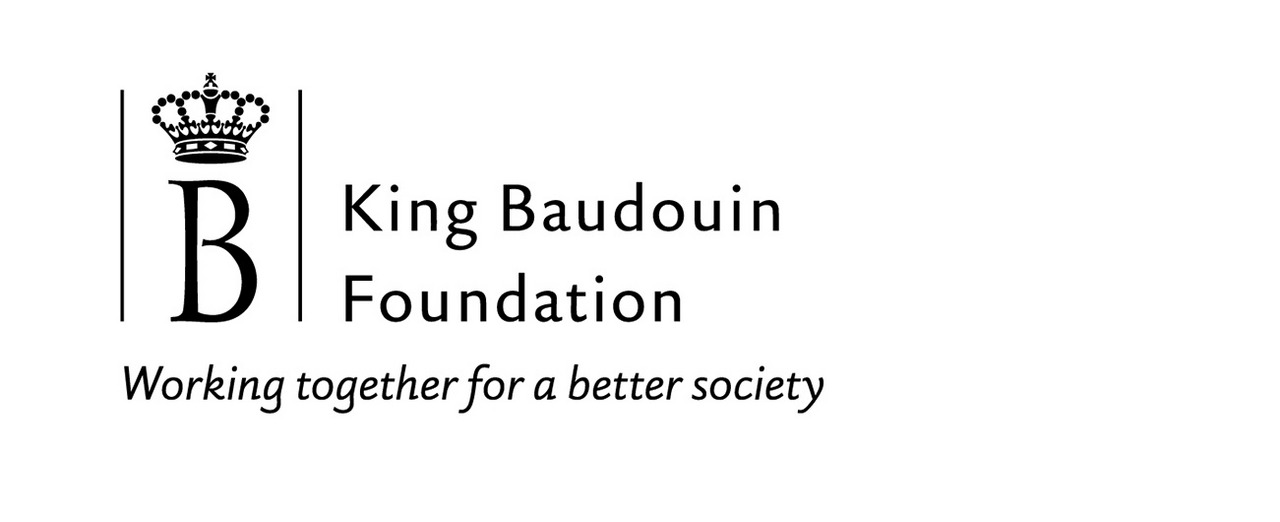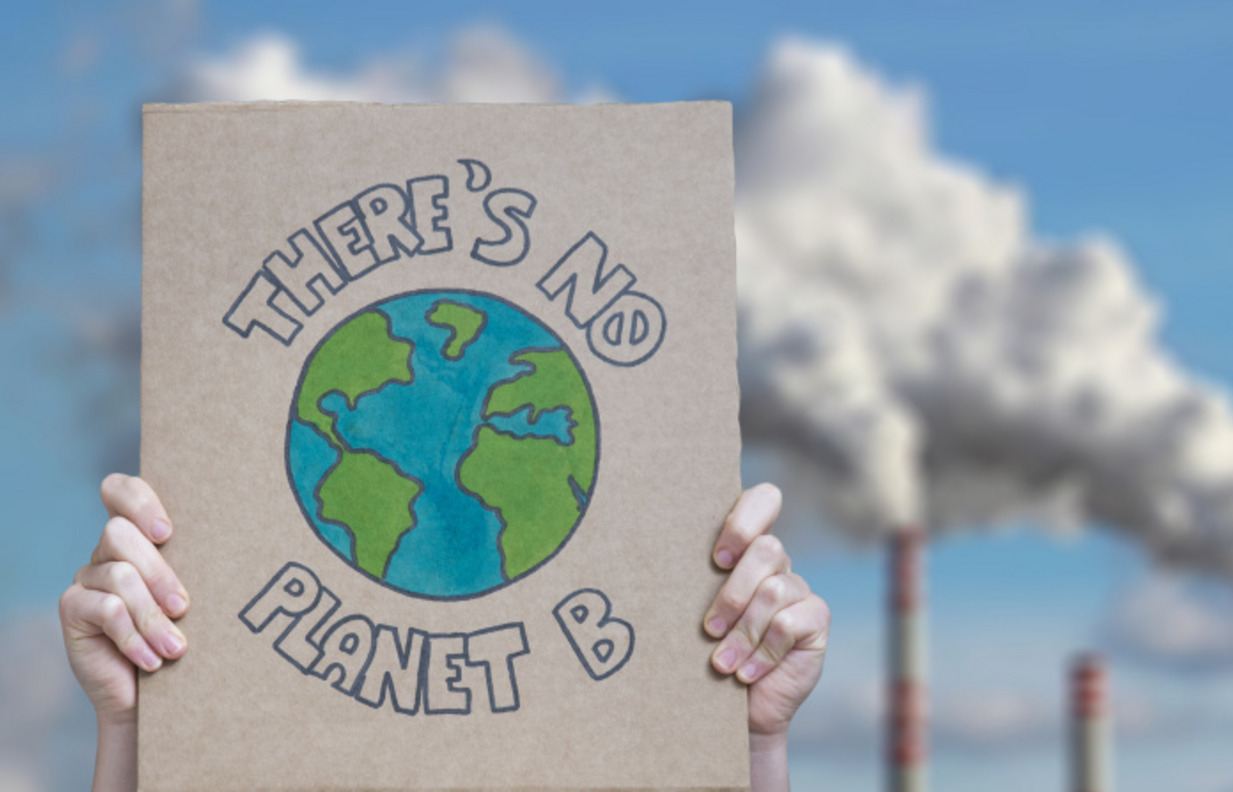How was it done?
150 citizens were selected at random by drawing lots. To this end, the French Economic, Social and Environmental Council contacted around 70,000 citizens by telephone to set up a representative panel. The participants represented a cross-section of French society:
- 52% women,
- 6 age groups from diverse socio-economic categories,
- Representation of cities, suburbs and rural areas.
>> During a nine-month period, from October 2019 to June 2020, the citizens took part in weekend meetings—seven face-to-face plus one online—to exchange or gather information, discuss with experts and jointly formulate their proposals.
>> If they wished, citizens could meet experts from various fields and sections of society during the meetings.
>> In the last two meetings, the measures were summarised, discussed and voted on in a plenary session.
>> Work was continuous throughout the entire nine months: A permanent exchange for the modification and adaptation of proposals was possible via an online platform.
>> Recordings of the video conference meetings of the working groups are available to the public via the online platform.
The proposed measures
Not all the proposals broke new ground, but they all pursued the same ambitious objective: The reconciliation of ecological, social and economic perspectives to achieve a socially just ecological transformation. For example:
- Reduction of the current speed limit on motorways from 130km/h
to 110km/h. - Mandatory energy-oriented refurbishment of buildings.
- Integration of the fight against climate change into the French constitution.
- Implementation of a referendum on making ‘crimes against the environment’ (crime d’écocide) punishable under criminal law.
![[Translate to English:] Fragezeichen in blau](/fileadmin/files/Projekte/Demokratie_und_Partizipation_in_Europa_/Shortcut/Shortcut-Satzzeichen-264x220-_0005.png)
![[Translate to English:] Doppelpfeile nach links, in blau](/fileadmin/files/Projekte/Demokratie_und_Partizipation_in_Europa_/Shortcut/Shortcut-Satzzeichen-264x220-_0003.png)
![[Translate to English:] drei große gelbe Punkte](/fileadmin/files/Projekte/Demokratie_und_Partizipation_in_Europa_/Shortcut/Shortcut-Satzzeichen-264x220-_0002.png)
![[Translate to English:] Kaufmännisches UND-Zeichen in grün](/fileadmin/files/Projekte/Demokratie_und_Partizipation_in_Europa_/Shortcut/Shortcut-Satzzeichen-264x220-_0001.png)




